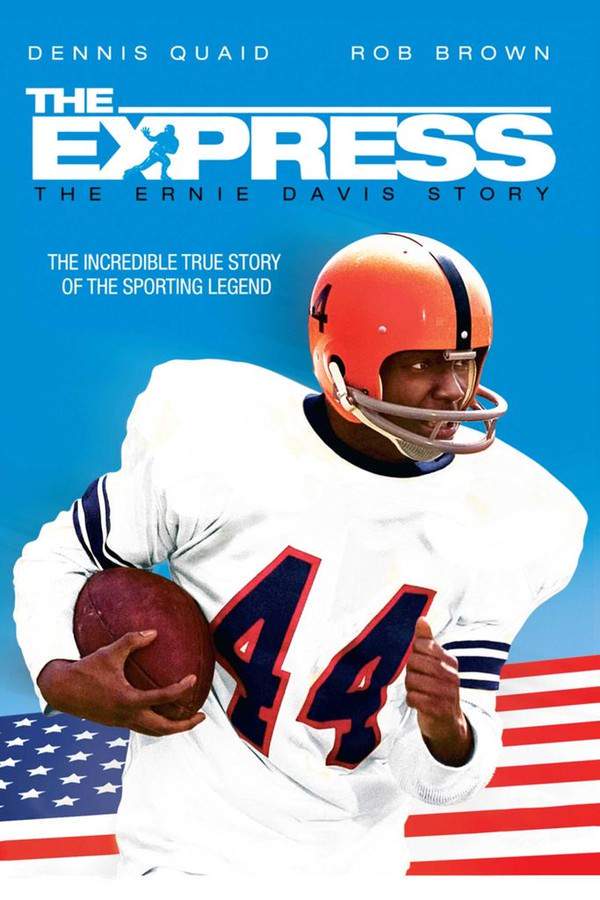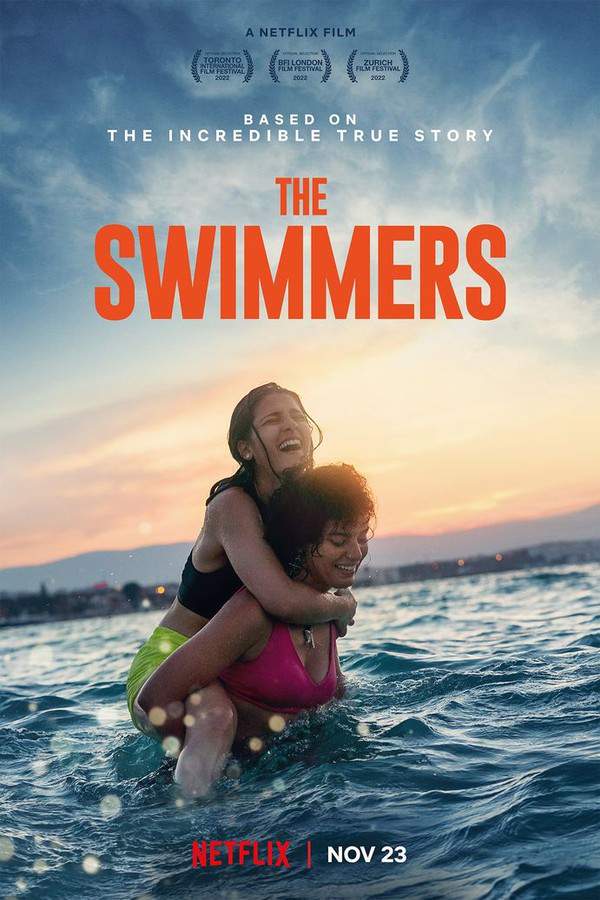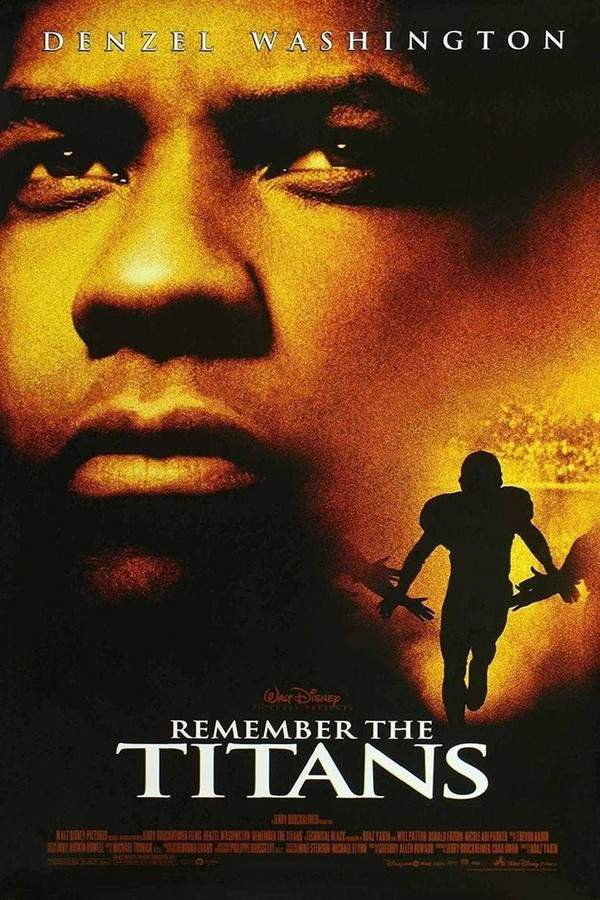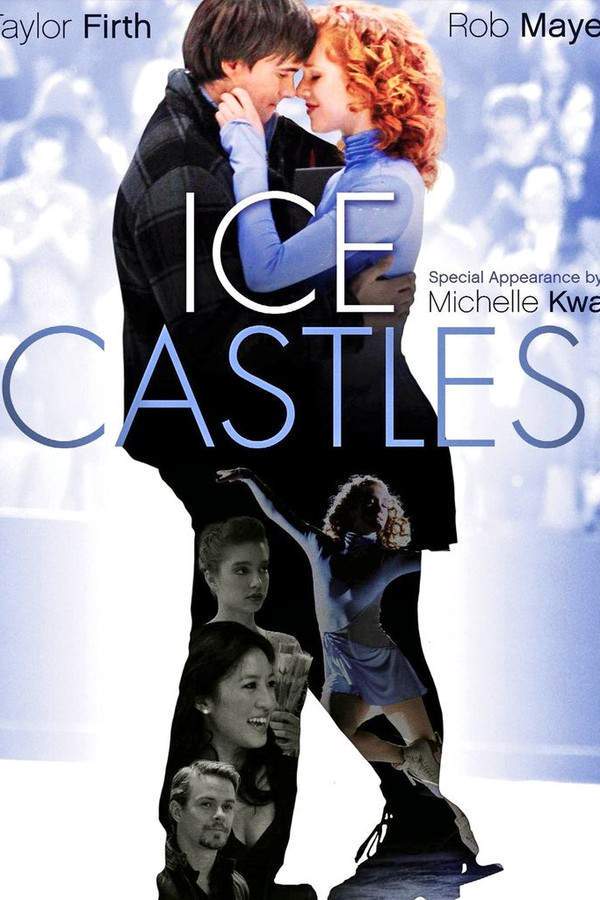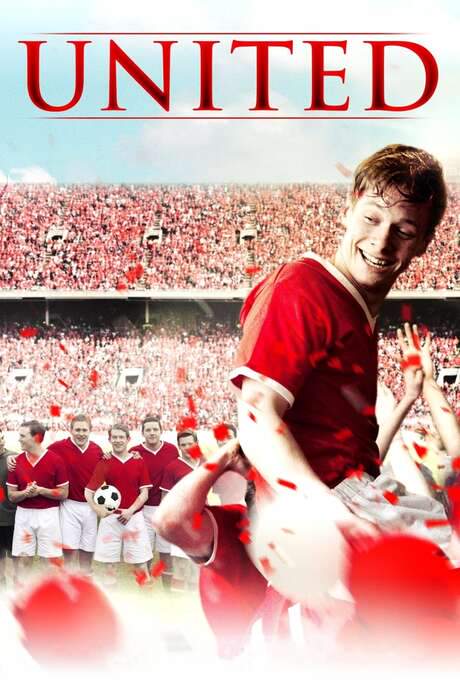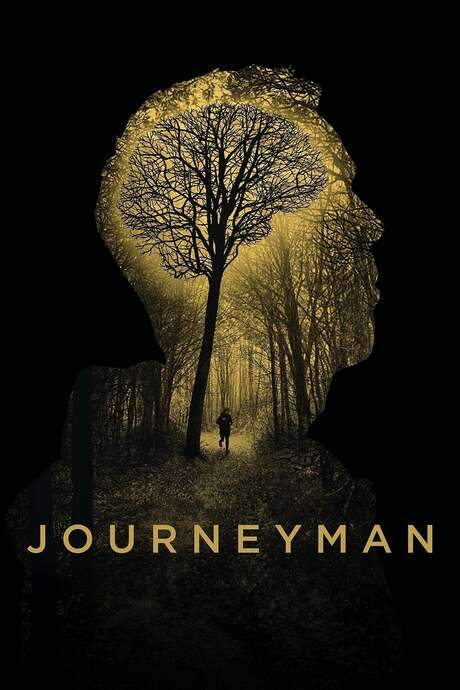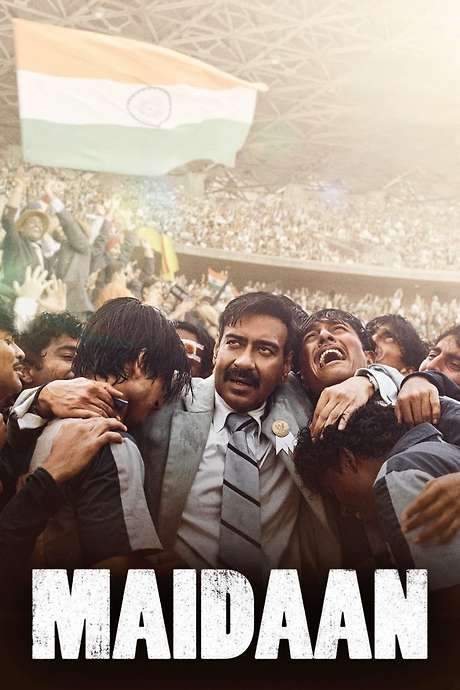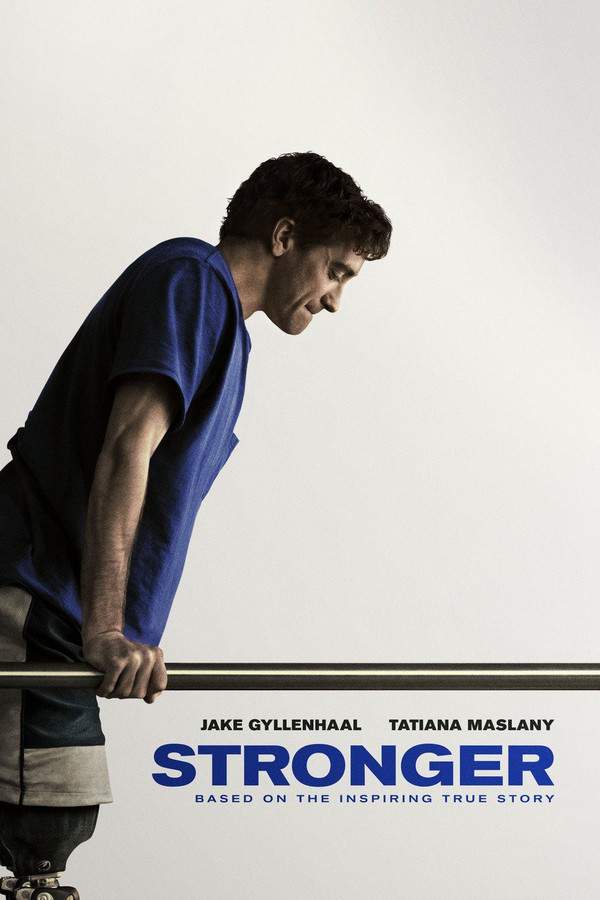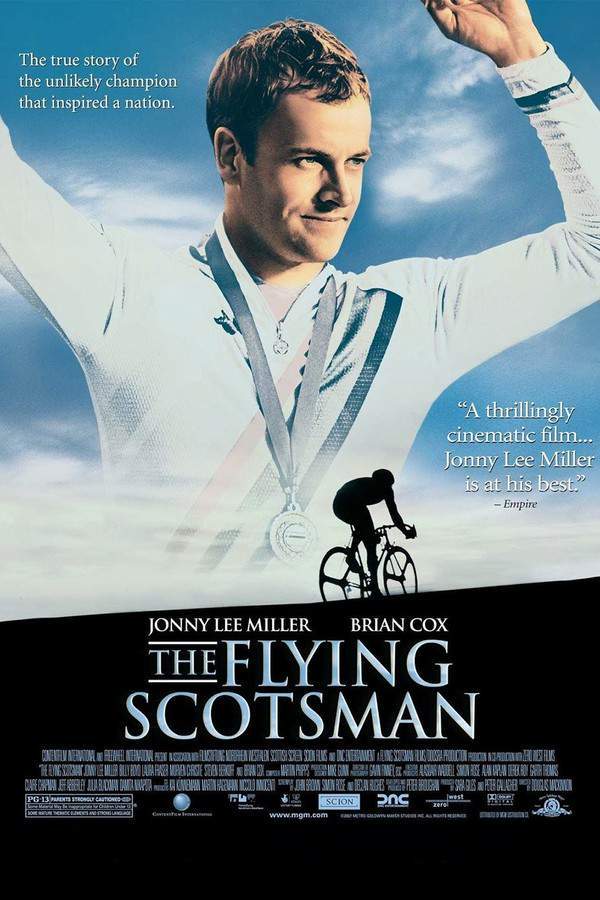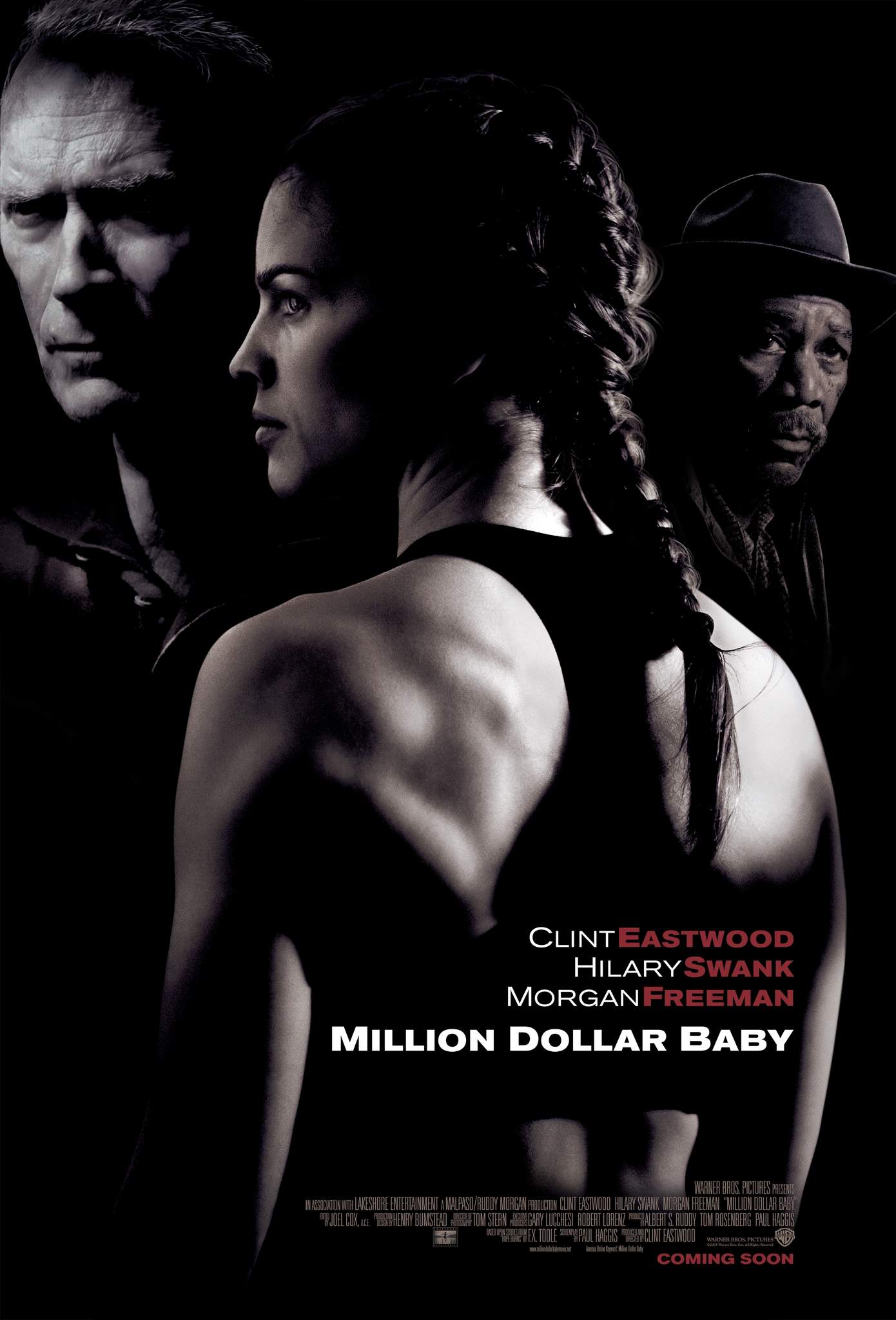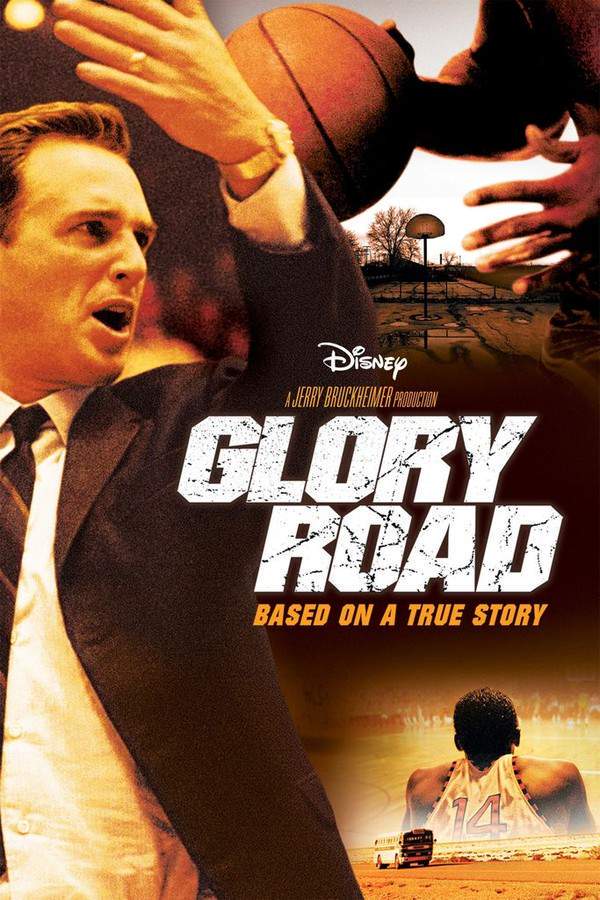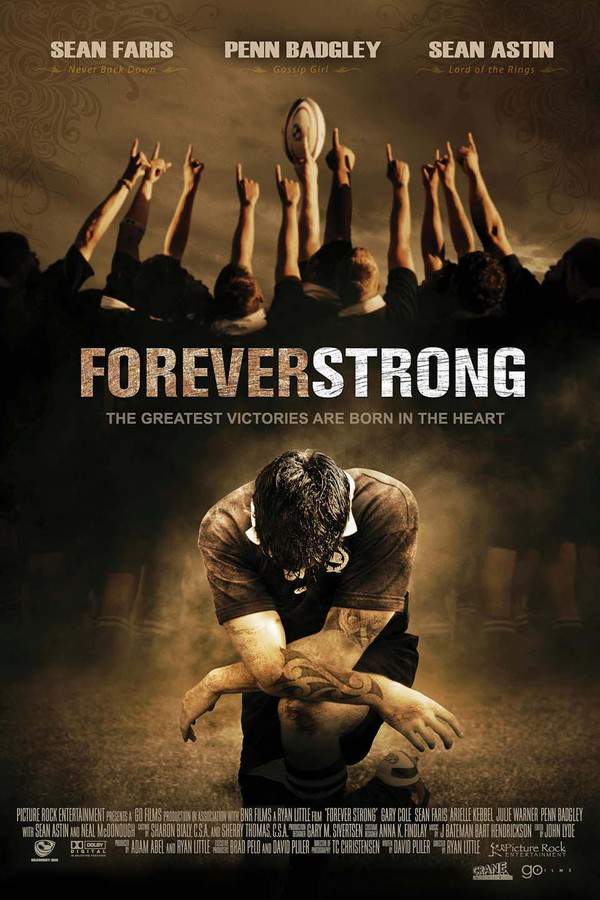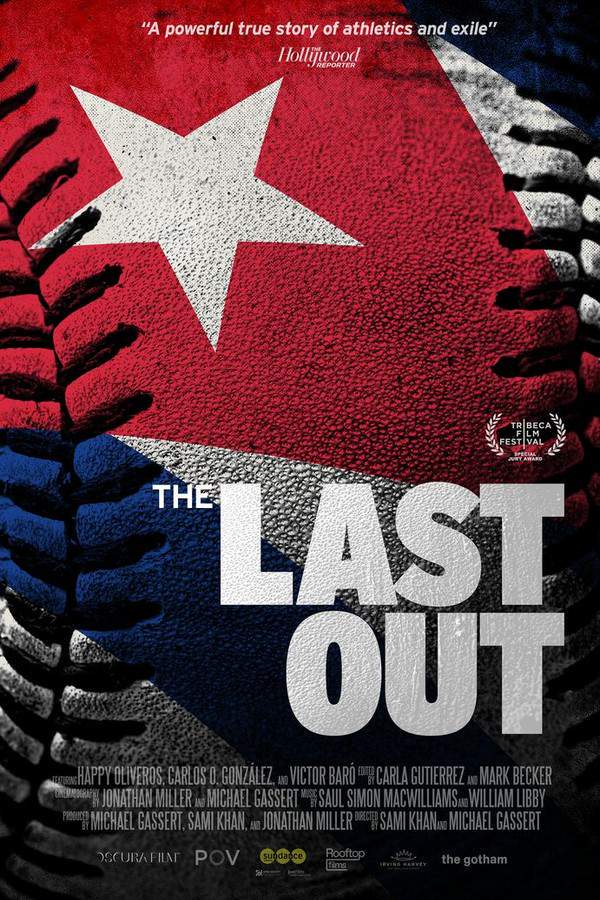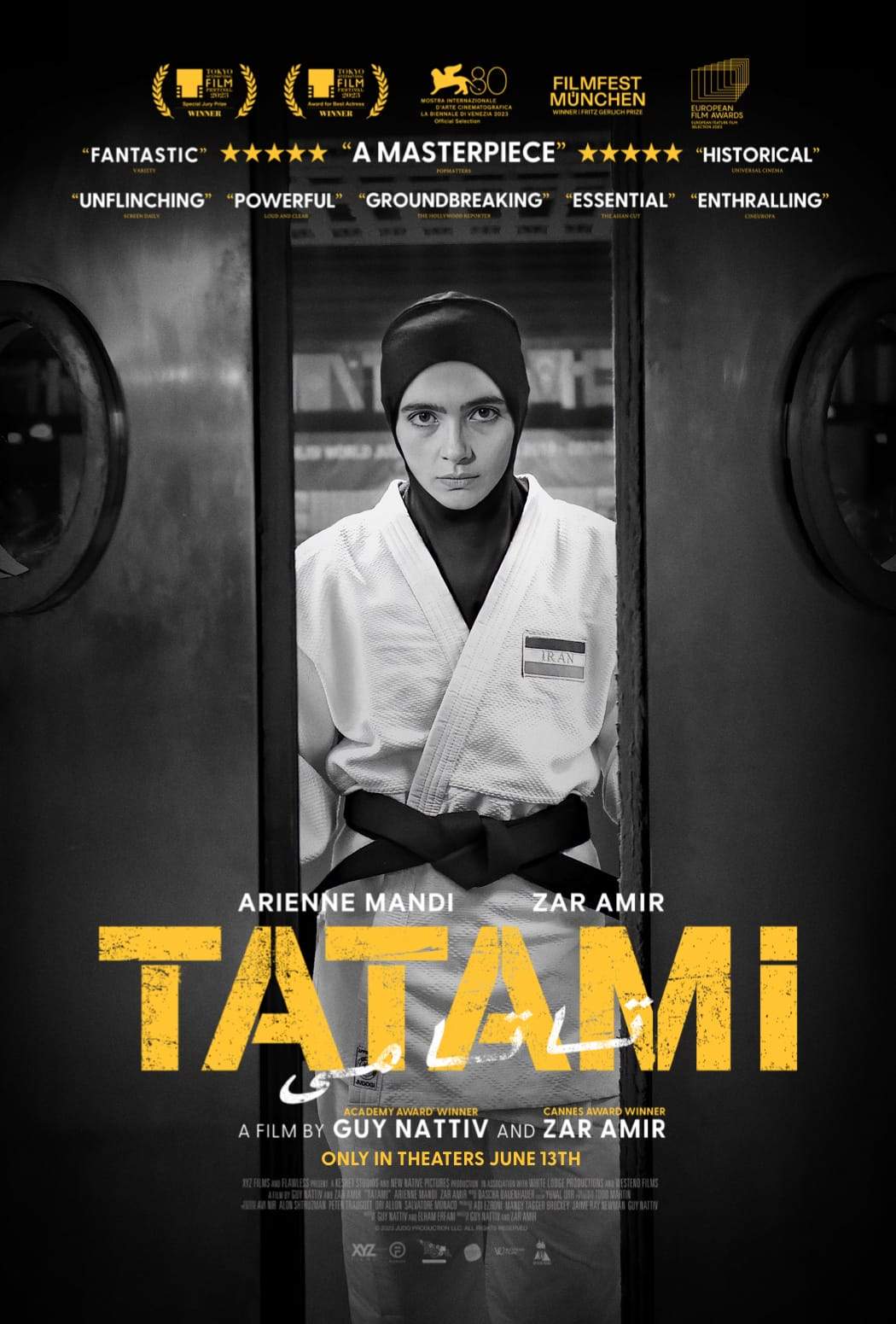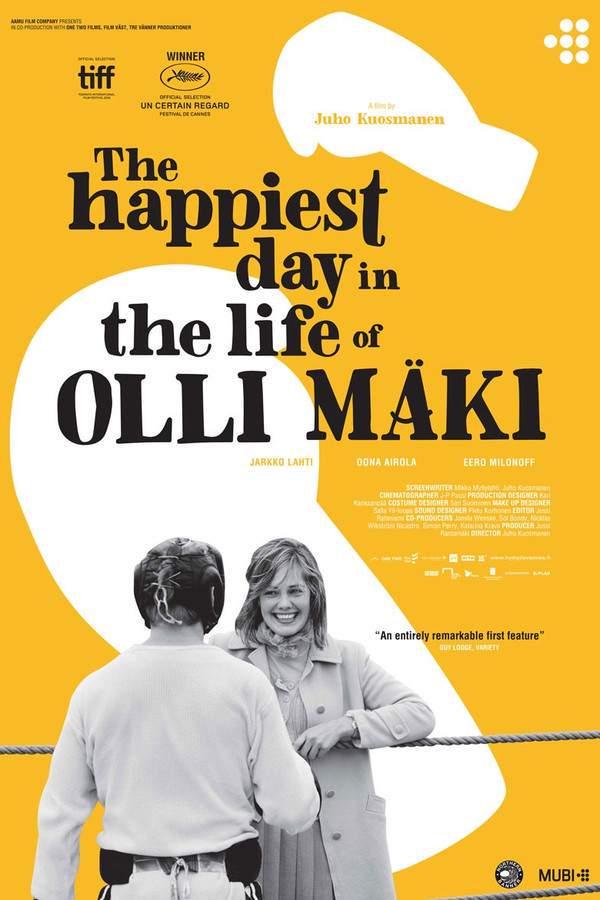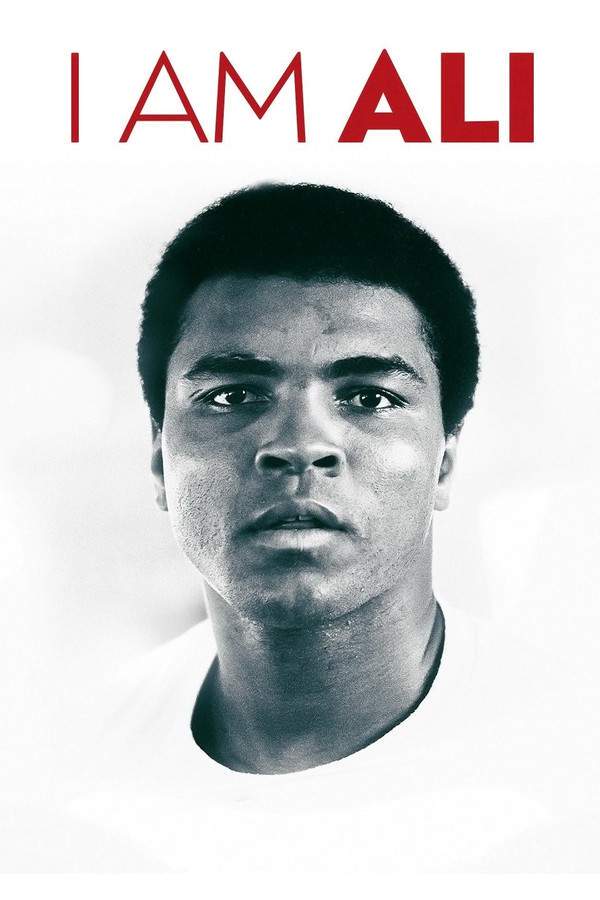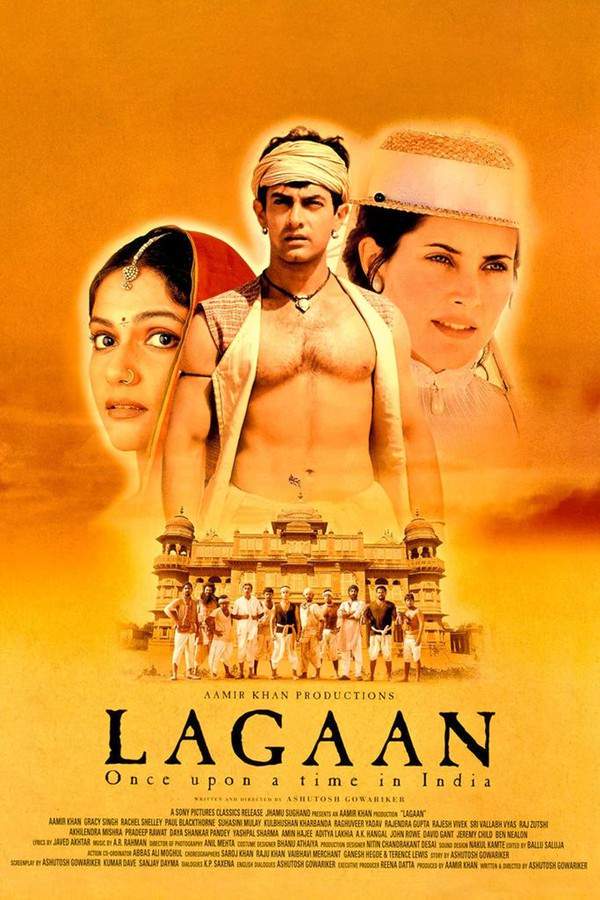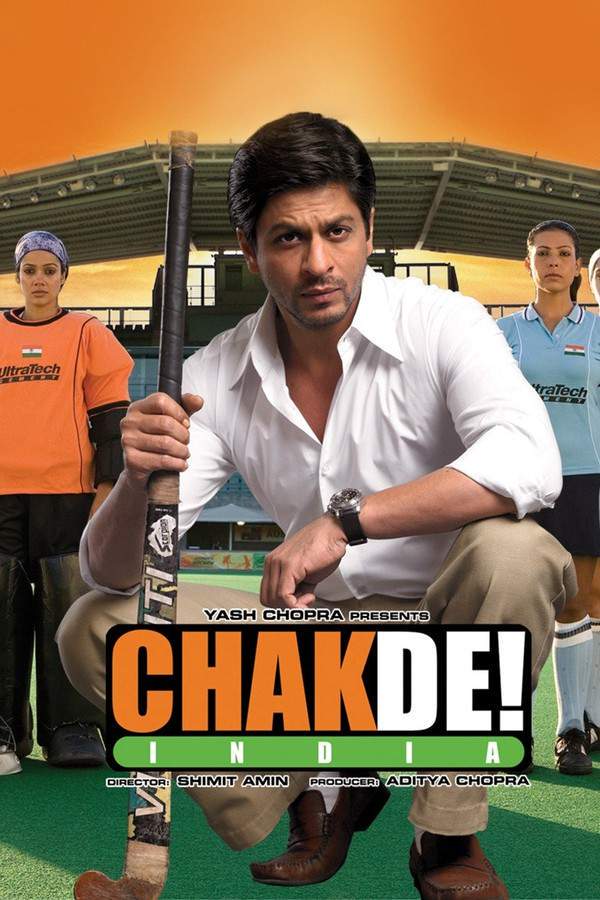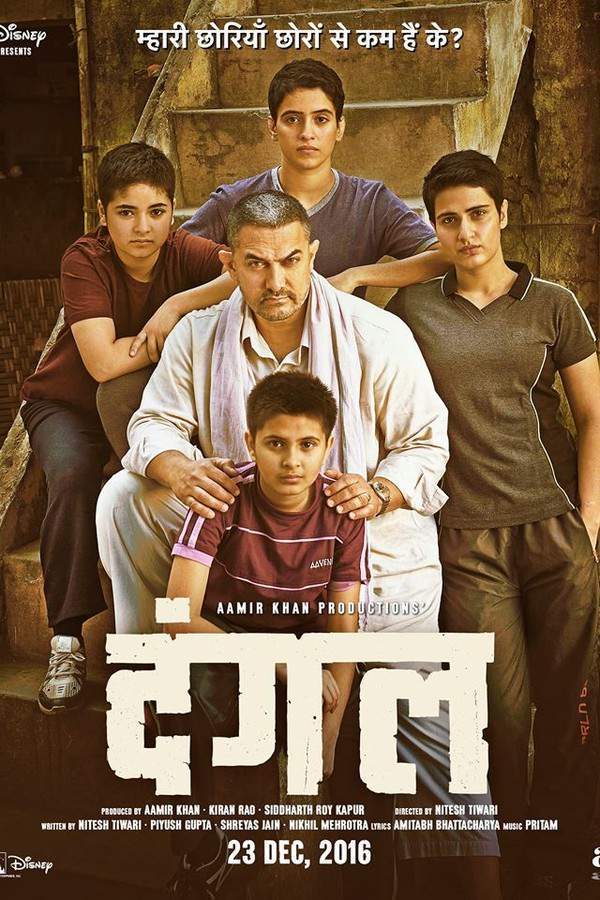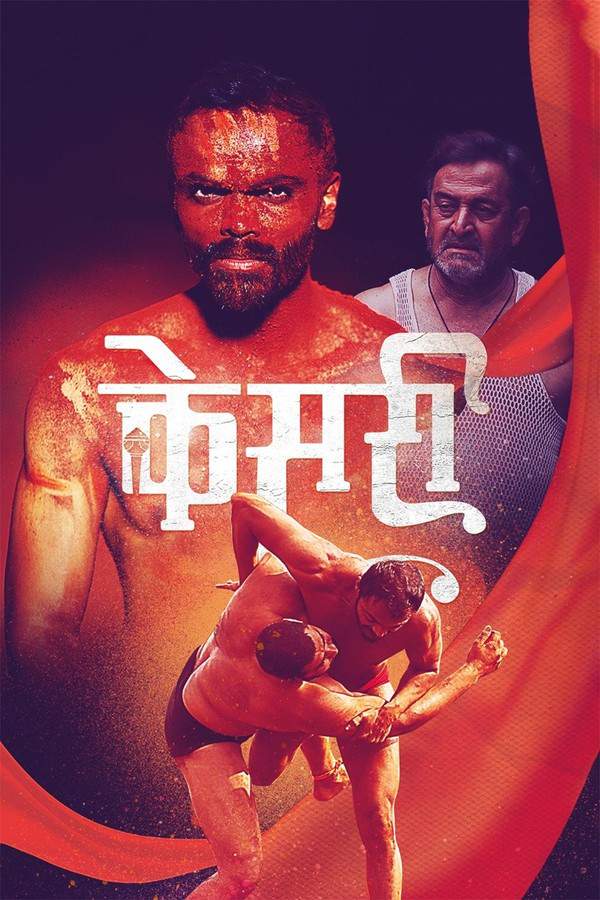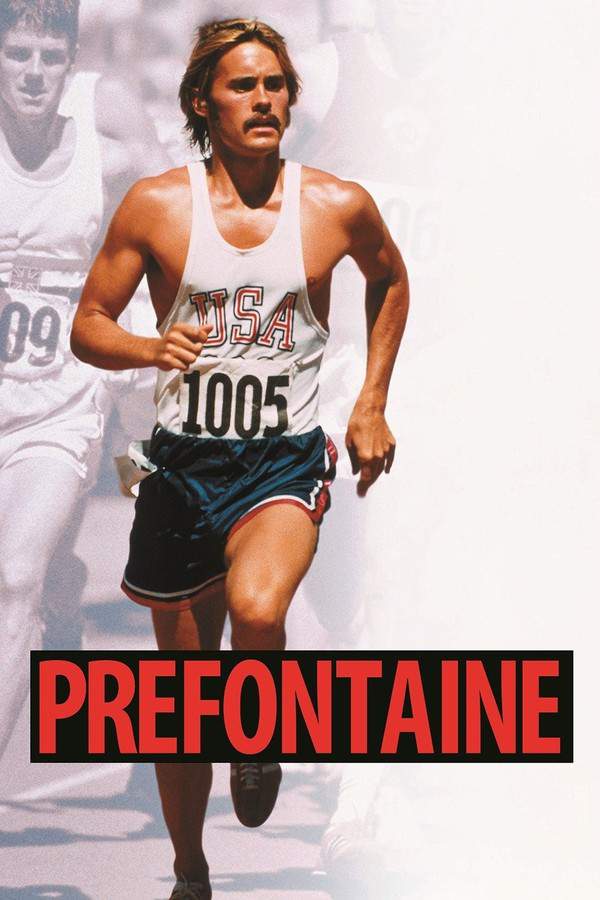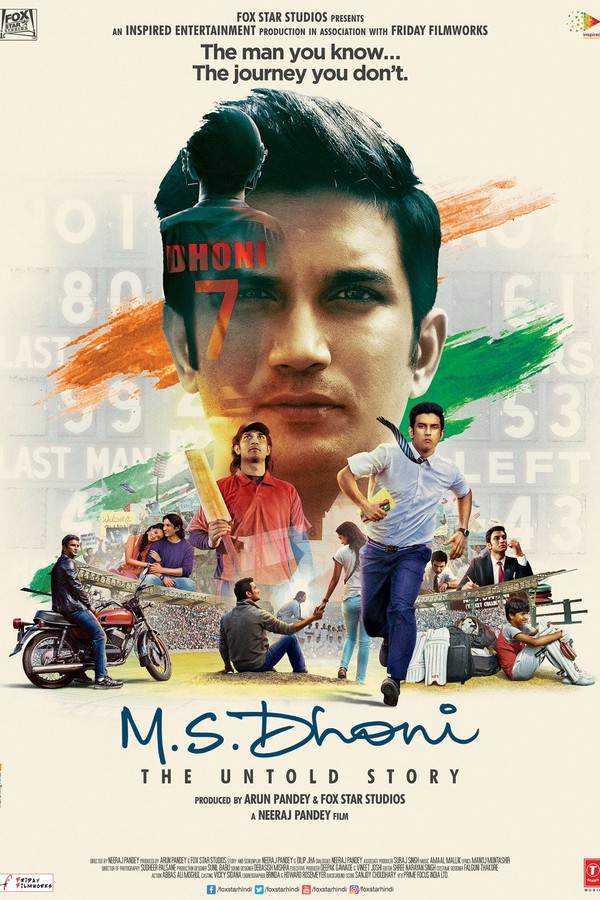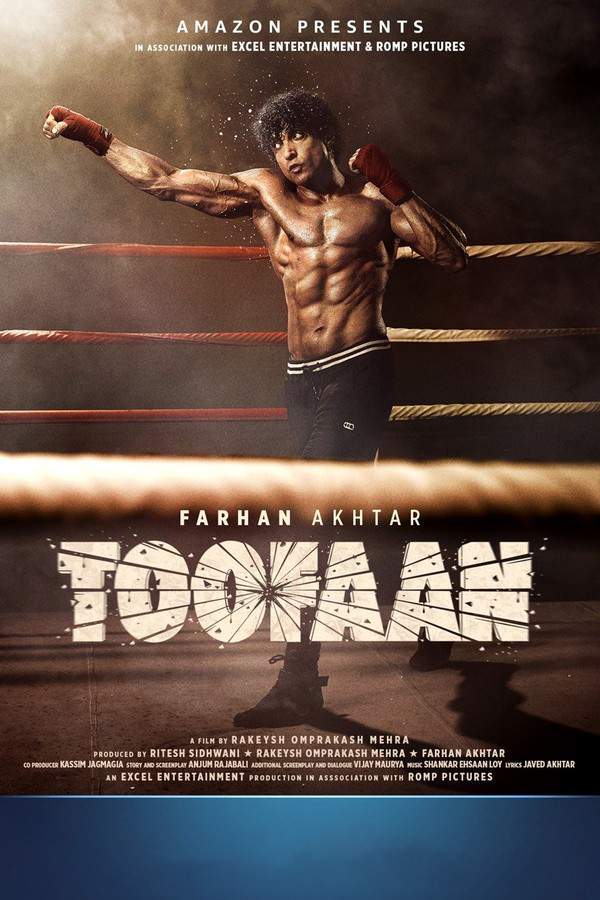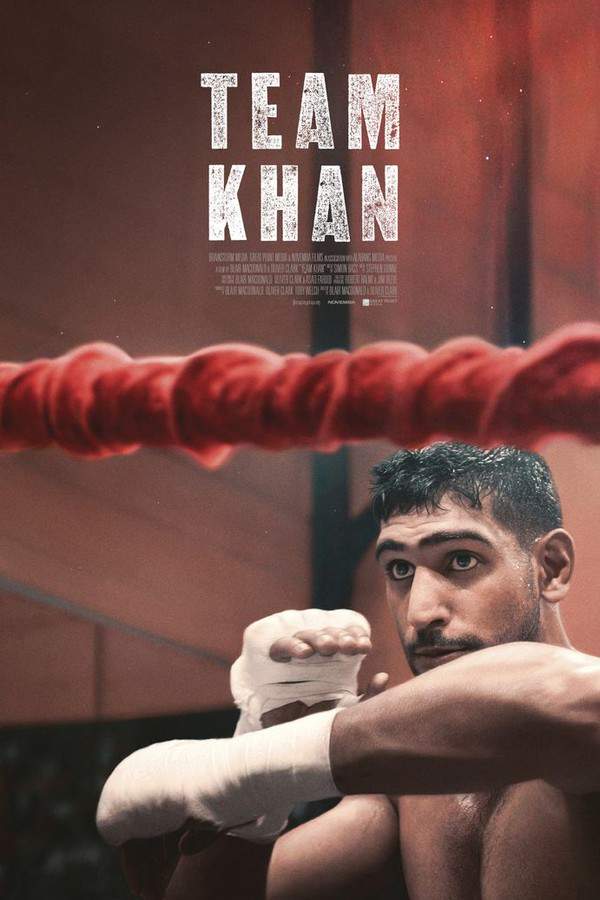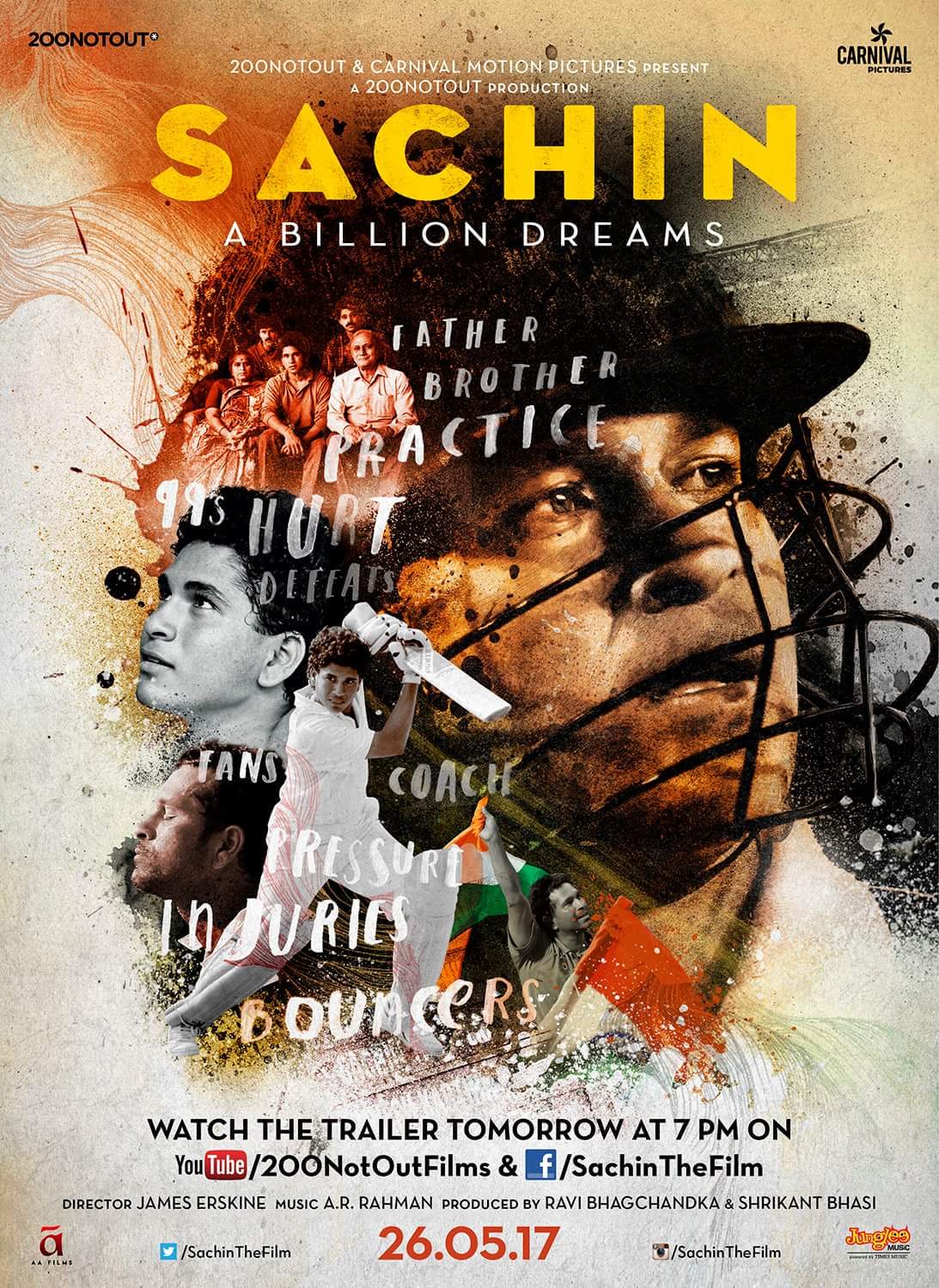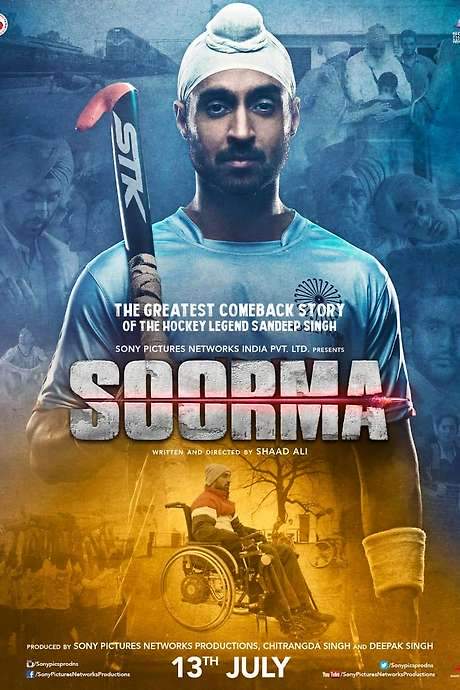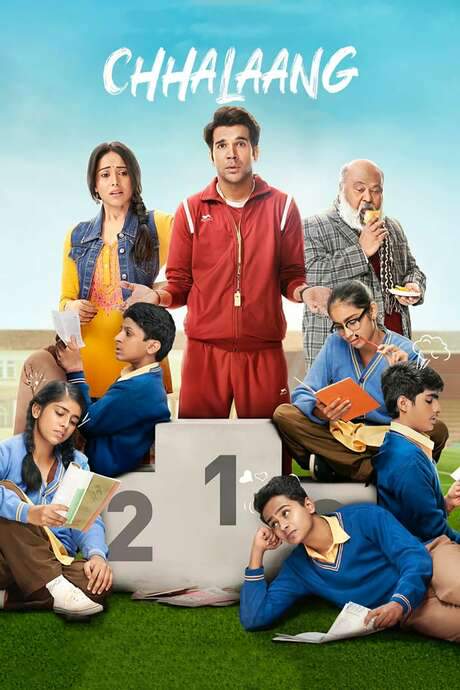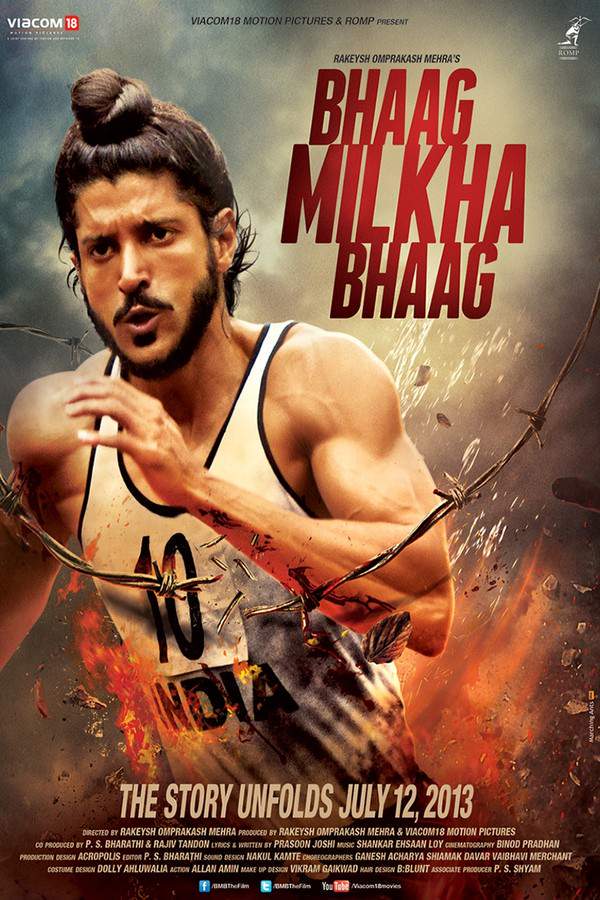
Bhaag Milkha Bhaag
Year: 2013
Runtime: 186 min
Language: Hindi
Director: Rakeysh Omprakash Mehra
This biographical film tells the story of Milkha Singh, a celebrated Indian athlete. Farhan Akhtar portrays Singh, recounting his journey from a difficult childhood marked by tragedy to becoming a world-renowned sprinter. The film explores his intense training, his pursuit of excellence in the 400-meter race, and the devastating loss he faced at the 1960 Olympics. It’s a story of perseverance, dedication, and the unwavering spirit of a national icon.
Warning: spoilers below!
Haven’t seen Bhaag Milkha Bhaag yet? This summary contains major spoilers. Bookmark the page, watch the movie, and come back for the full breakdown. If you're ready, scroll on and relive the story!
Bhaag Milkha Bhaag (2013) – Full Plot Summary & Ending Explained
Read the complete plot breakdown of Bhaag Milkha Bhaag (2013), including all key story events, major twists, and the ending explained in detail. Discover what really happened—and what it all means.
The film opens during the 1960 Summer Olympics in Rome, where the coach passionately exclaims, > “Bhaag Milkha Bhaag!” This phrase serves as a powerful reminder of the haunting childhood memories of Milkha Singh, portrayed by Farhan Akhtar, that overshadowed his early racing career and led to a disheartening fourth-place finish. The turmoil of the 1947 Partition of India brings chaos and mass religious violence to Punjab, tragically resulting in the deaths of Milkha’s parents.
Relocating to Delhi, he eventually reunites with his sister. As he navigates life in impoverished refugee camps, he finds companionship in fellow refugees and learns to survive through petty theft. Amid this struggle, he falls in love with Biro (Sonam Kapoor), who encourages him to embrace a life of integrity. It is in the army that Milkha catches the attention of a Havaldar after triumphing in a race that promises milk and eggs as rewards, which leads to his selection for a commission.
However, on the eve of the Indian team’s selection for the Olympics, he faces ridicule and violence from senior competitors he had previously outpaced. Despite being injured, he perseveres and breaks the national record in the race, returning home as a national champion to propose to Biro, only to discover that she has been married off while he was away.
During the 1956 Melbourne Olympics, he becomes involved with the granddaughter of his Australian technical coach, leading to a regretful one-night stand that results in a dismal performance in his final race. Overcome with guilt, he punishes himself and reflects on his shortcomings. On his journey back to India, he learns from his coach that the world record for the 400m race stands at 45.90 seconds. With a renewed sense of purpose, he trains rigorously, subsequently achieving an astounding 45.80 seconds at the Asian Games in Tokyo in 1958.
Prime Minister Jawaharlal Nehru persuades him to head the Indian team for a friendly race in Pakistan. Unfortunately, he becomes distracted, missing important press events, but his painful past resurfaces when he visits his village and recalls the traumatic murder of his parents, along with his father’s final words, “Bhaag Milkha Bhaag!” Through this emotional turmoil, he finds solace in a boy who turns out to be the son of his childhood friend.
When the race begins, although the Pakistani favorite initially leads, Milkha steadily overtakes his competitors, ultimately clinching victory and gaining the respect of both nations. Impressed by his incredible performance, General Ayub Khan, the Pakistani president, bestows upon him the title of “The Flying Sikh.” In a gesture that highlights his legacy, Nehru proclaims a day in Milkha’s honor as a “National Holiday,” fulfilling the wishes of the man who overcame immense adversity.
Last Updated: October 28, 2024 at 18:19
Explore Movie Threads
Discover curated groups of movies connected by mood, themes, and story style. Browse collections built around emotion, atmosphere, and narrative focus to easily find films that match what you feel like watching right now.
Rise from Trauma to Triumph like in Bhaag Milkha Bhaag
Biographical journeys fueled by devastating loss and unwavering resilience.If you were moved by the powerful journey in Bhaag Milkha Bhaag, this thread features movies like it—true stories of individuals who overcome devastating personal tragedies and historical trauma to achieve legendary status. These films share a heavy emotional weight, a hopeful tone, and a focus on resilience in the face of immense adversity.
Narrative Summary
The narrative pattern typically begins with a foundational trauma or loss that defines the protagonist's life. Their subsequent journey is a direct response to this pain, often framed as a quest for redemption or validation. The plot structure is frequently chronological, moving through formative struggles and relentless training toward a climactic public achievement that is emotionally layered with the initial loss.
Why These Movies?
Movies are grouped here because they share a core emotional structure: the transformative power of using deep-seated pain as fuel for extraordinary accomplishment. They balance heavy dramatic weight with a forward-moving, hopeful momentum, creating a specific and powerful inspirational experience.
Sports Dramas with National Pride like Bhaag Milkha Bhaag
Intense sports dramas where an athlete's personal quest becomes a nation's symbol.For viewers who loved the combination of intense sports action and patriotic fervor in Bhaag Milkha Bhaag, this section gathers similar movies. These films focus on athletes whose personal dedication and struggles on the field carry the weight of national pride, often set against a significant historical backdrop.
Narrative Summary
The plot revolves around an athlete's rigorous training and pivotal competitions, but the stakes are elevated beyond personal achievement to represent a nation's pride or recovery. The antagonist is often a rival nation or a historical moment of national significance. The character's internal drive is amplified by external pressure, creating a powerful narrative of dedication and symbolic victory.
Why These Movies?
These films are grouped by their unique blend of personal sports narrative and collective national identity. They share a high-intensity, earnest mood, combining the visceral thrill of competition with the emotional gravity of representing something larger than oneself.
Unlock the Full Story of Bhaag Milkha Bhaag
Don't stop at just watching — explore Bhaag Milkha Bhaag in full detail. From the complete plot summary and scene-by-scene timeline to character breakdowns, thematic analysis, and a deep dive into the ending — every page helps you truly understand what Bhaag Milkha Bhaag is all about. Plus, discover what's next after the movie.
Bhaag Milkha Bhaag Timeline
Track the full timeline of Bhaag Milkha Bhaag with every major event arranged chronologically. Perfect for decoding non-linear storytelling, flashbacks, or parallel narratives with a clear scene-by-scene breakdown.

Characters, Settings & Themes in Bhaag Milkha Bhaag
Discover the characters, locations, and core themes that shape Bhaag Milkha Bhaag. Get insights into symbolic elements, setting significance, and deeper narrative meaning — ideal for thematic analysis and movie breakdowns.

Bhaag Milkha Bhaag Spoiler-Free Summary
Get a quick, spoiler-free overview of Bhaag Milkha Bhaag that covers the main plot points and key details without revealing any major twists or spoilers. Perfect for those who want to know what to expect before diving in.

More About Bhaag Milkha Bhaag
Visit What's After the Movie to explore more about Bhaag Milkha Bhaag: box office results, cast and crew info, production details, post-credit scenes, and external links — all in one place for movie fans and researchers.

Similar Movies to Bhaag Milkha Bhaag
Discover movies like Bhaag Milkha Bhaag that share similar genres, themes, and storytelling elements. Whether you’re drawn to the atmosphere, character arcs, or plot structure, these curated recommendations will help you explore more films you’ll love.
Explore More About Movie Bhaag Milkha Bhaag
Bhaag Milkha Bhaag (2013) Scene-by-Scene Movie Timeline
Bhaag Milkha Bhaag (2013) Movie Characters, Themes & Settings
Bhaag Milkha Bhaag (2013) Spoiler-Free Summary & Key Flow
Movies Like Bhaag Milkha Bhaag – Similar Titles You’ll Enjoy
The Happiest Day in the Life of Olli Mäki (2017) Film Overview & Timeline
I Am Ali (2014) Story Summary & Characters
Lagaan: Once Upon a Time in India (2002) Plot Summary & Ending Explained
Chak De India! (2007) Full Movie Breakdown
Dangal (2016) Story Summary & Characters
Kesari (2019) Complete Plot Breakdown
Prefontaine (1997) Full Summary & Key Details
M.S. Dhoni: The Untold Story (2016) Full Movie Breakdown
Toofaan (2021) Complete Plot Breakdown
Team Khan (2018) Movie Recap & Themes
Harjeeta (2018) Story Summary & Characters
Sachin (2017) Full Movie Breakdown
Soorma (2018) Ending Explained & Film Insights
The Legend of Bhagat Singh (2002) Full Summary & Key Details
Chhalaang (2020) Complete Plot Breakdown

